The final Borris Ewe Breeders Association sale took place on Saturday last in Borris Mart, Co Carlow. There were in the region of 500 Suffolk Cheviot ewe lambs on offer, 400 Suffolk Cheviot ewe hoggets and 200 Cheviot ewes.
As can be expected, the quality of sheep on offer was lower than the two previous sales. Average prices were back about €15 to €20 on these two sales, but when quality is considered, prices have held steady, with producers happy with the trade.
Light ewe lambs sold for in the region of €100 to €130, with top-quality lots rising to €150 and likewise a small percentage of lots falling below €100.
The trade for ewe hoggets was lively, with several lots exceeding the €200 mark and selling to €220, while the general run of hoggets sold within a price range of €180 to €195.
A standout feature of the three sales and also in other special breeding sales held to date nationwide has been the increase in young farmers in attendance. This is true of both sellers and buyers, with the higher prices realised in 2020 adding much more life to sales and giving producers greater confidence.
The Borris Ewe Breeders Association also reports that the two European Innovation Partnership projects run in the area, namely the Blackstairs Farming Futures (BFF) Sustainable farming project and the Wicklow Uplands Council Sustainable Uplands Agri-Environmental Scheme, have generated a renewed interest among existing producers but more importantly also from younger farmers.
At last Saturday’s sale, farmers in the BFF project put forward a cup and prize for the best pen of ewe lambs.
Group chair Martin Shannon said: “The Department of Agriculture-funded projects have brought a renewed interest to farming on the hills and, most importantly, it is helping to attract the interest of younger farmers, which is vital for the future of farming in these areas.
“It has been heartening to see the interest from young people at sales and it just goes to show that with the right initiatives and a good price we can get a much-needed injection of youth in to the sector.”



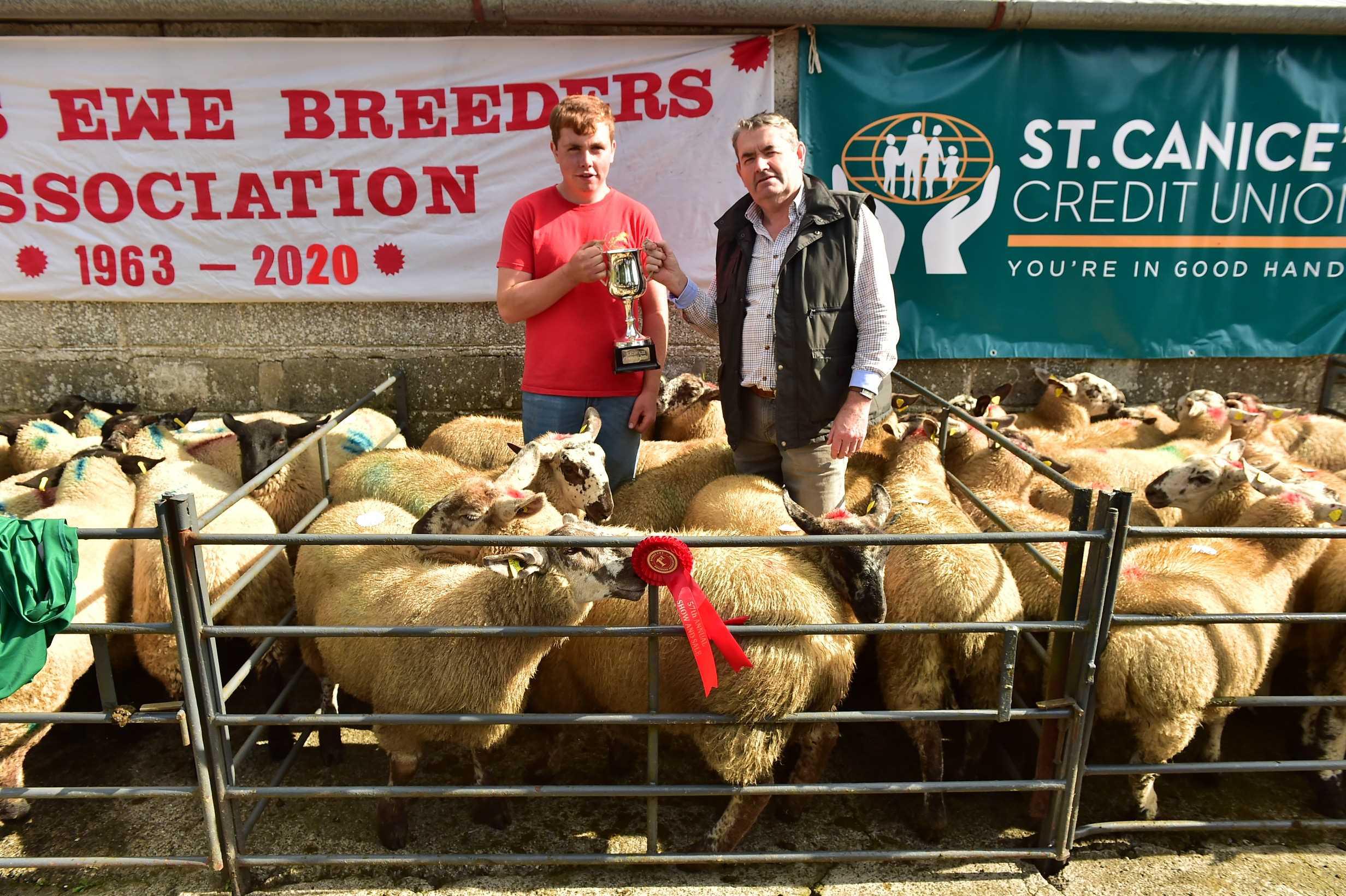

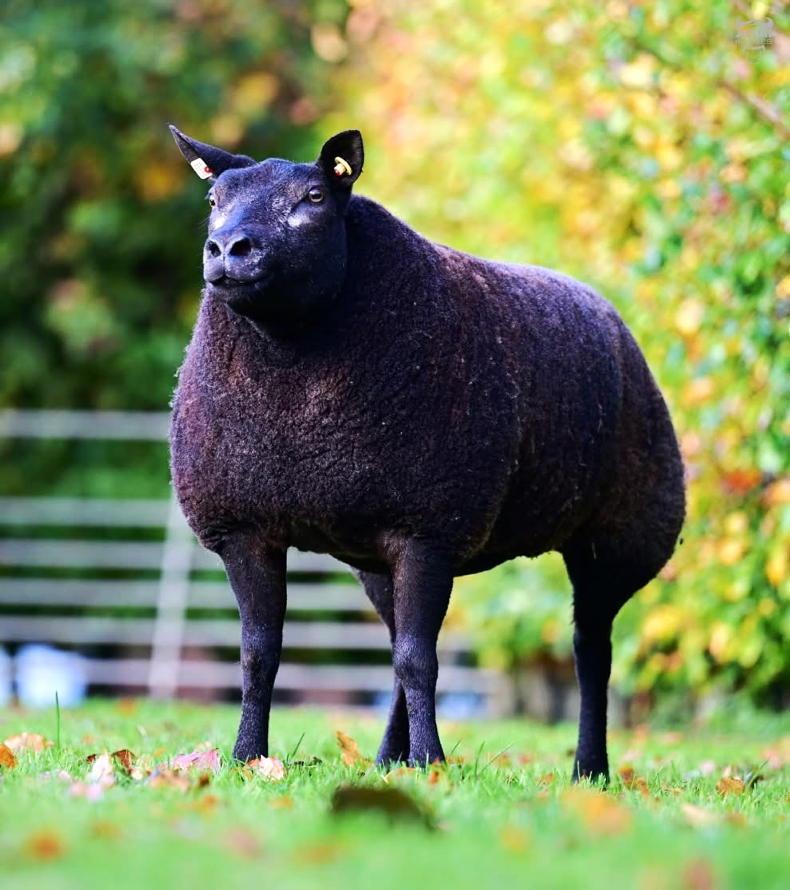

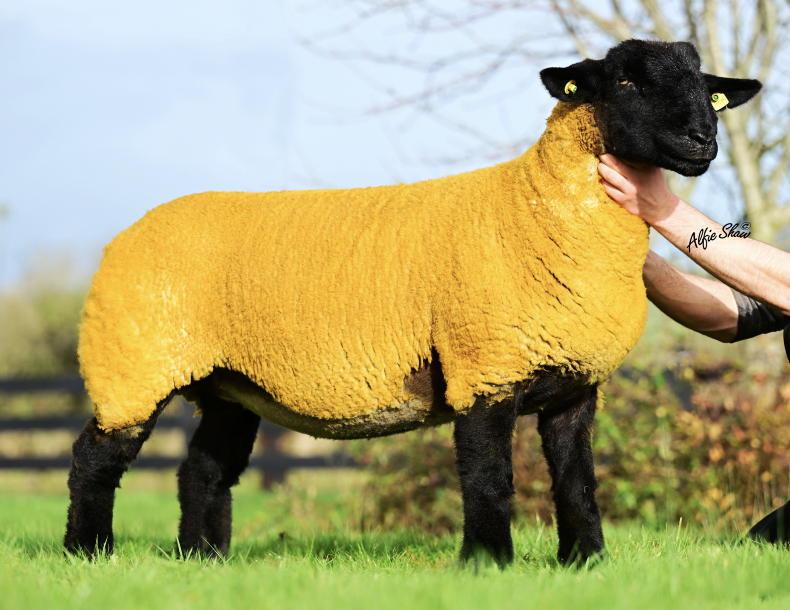
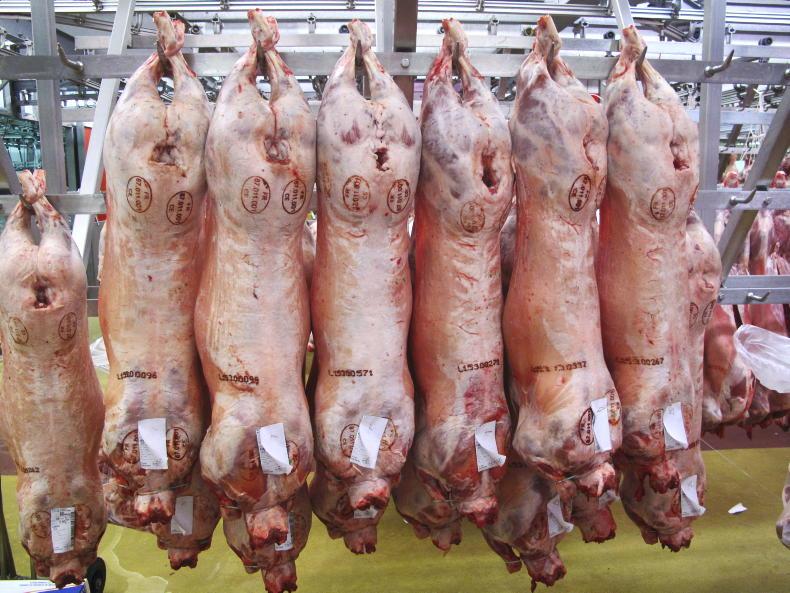
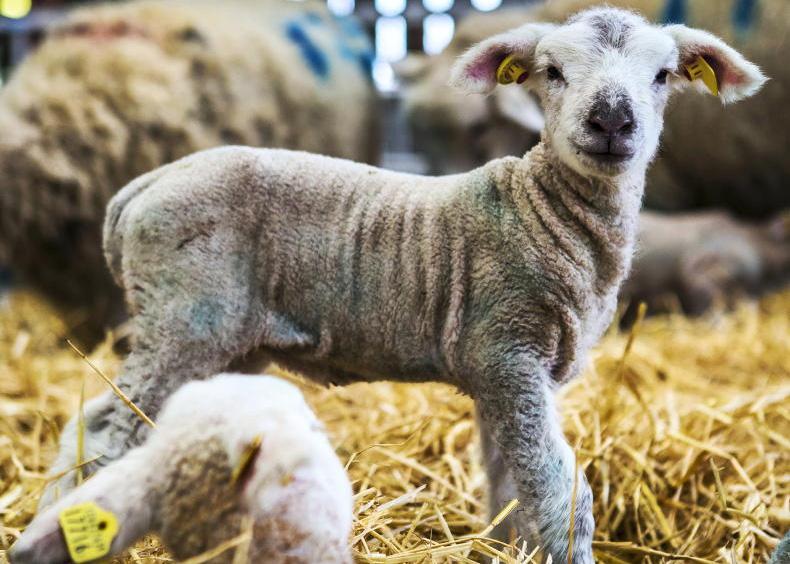
SHARING OPTIONS